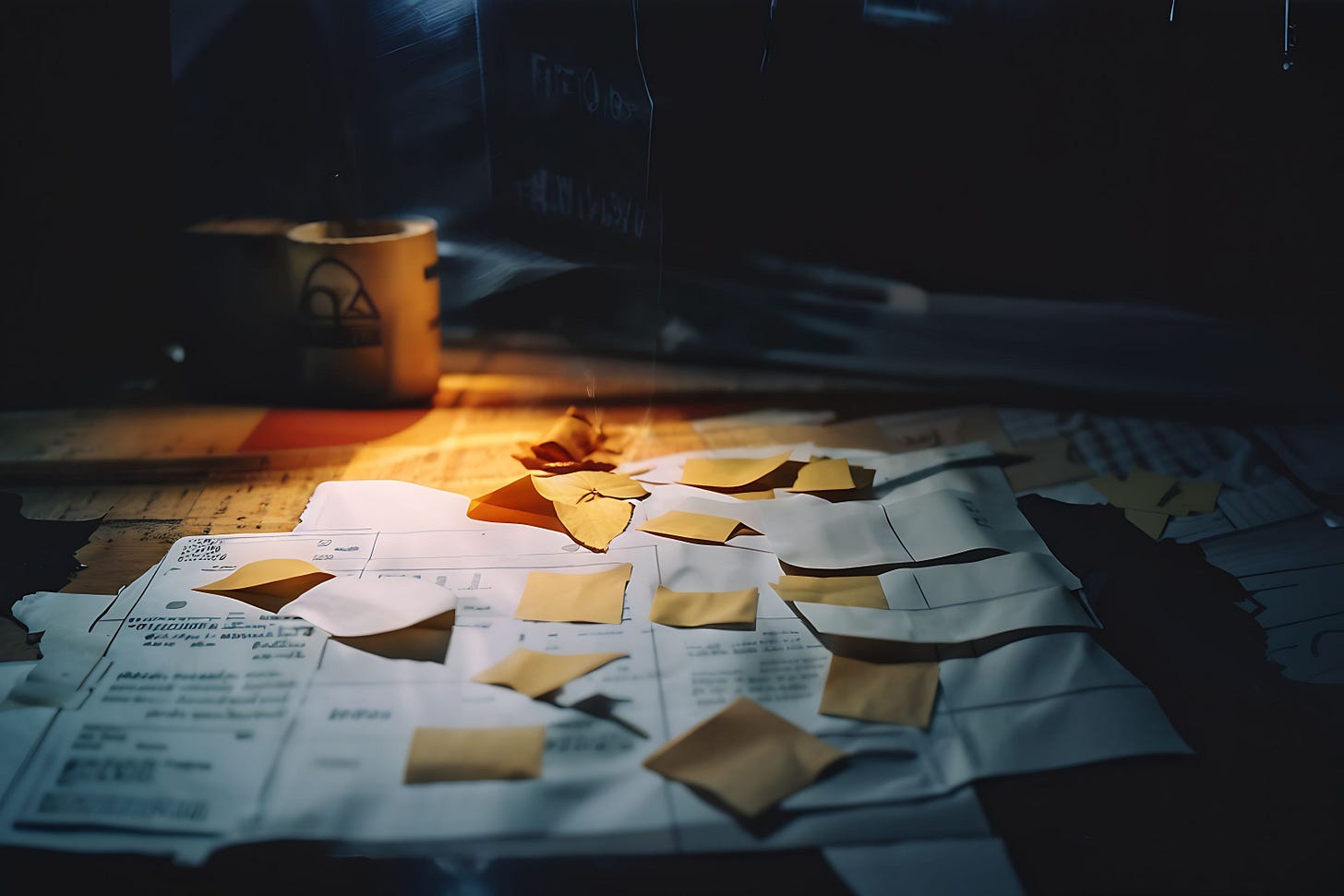Plagiarism
How to protect content in this digital age of creation and collaboration.
I've been thinking about this problem for a while, and there was a recent incident in my native language movie industry that related to it.
Two writers conceived the same story. The public is divided into two sides, with the majority supporting the accuser due to the convincing style. The story is still unfolding, and it is not the issue I’m discussing here.
Plagiarism is the act of using someone else's work or ideas without proper acknowledgment. These days, I make sure to give credit where it's due and cite my sources when in doubt.
Content creation has now skyrocketed
These days, you can see many new creators evolving on social media and publication platforms. But what are the chances of all these creators coming up with original ideas?
While complete originality is rare, unique perspectives and combinations of ideas still make up original content, right? I think so.
There will be many inspirations and adaptations of any content. I think this is why, to avoid possible infringements, media platforms introduced the “Remix” concept. This way everybody is now happy and everyone gets their share of exposure and watch hours which are essential for a creator.
I've noticed a pattern among influencer-like video content creators. Sometimes, they simply recreate content already published by smaller accounts as new content. So this affects the growth and exposure of emerging creators.
While the Remix feature is good for video and audio-based content creation, what’s the deal with writing? How are they going to be protected?
The only possible way I’m seeing is to preserve the timestamp of the content. Like when it was created, when it was last edited, and if possible the entire edit history.
Substack provides this in the editor panel as “View draft history”.
Obsidian provides this in the Sync plan as “Version history”.
And I believe every other cloud-based writing platform provides this.
The legal options are copyright registration and digital rights management. But it might not always be accessible or affordable for every creator. So, in such cases, creators face challenges in protecting their work, especially if someone else steals and copyrights it first.
Now the possible way we’re going to be completely helpless is when we intentionally or unintentionally reveal plots, plot structures, themes, character development, dialogues, scenes, etc.
So it is always good when you document and acknowledge these reveals via email form, similar to how minutes are recorded in a meeting. Write in detail and always include who told what for clarification and it serves as evidence of ownership.
AI chat models, while great for grammar checking and paraphrasing, also raise questions about content ownership. It's something to keep an eye on in this digital age of creation and collaboration.
I also hope some new features will come up to create a more protective layer and an AI feature (Content recommendation and discovery) to suggest similar content, at least to notify the viewer that there are multiple pieces out there.






